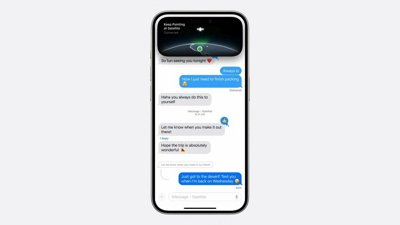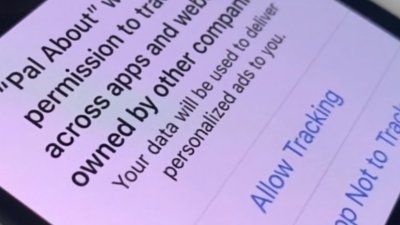According to a federal study, the Los Angeles Unified School District's $1.3 billion push to bring tech into the classroom was crippled early on by inadequate planning and over-reliance on Apple's iPad.
A U.S. Education Department review found the LAUSD iPad in education initiative, first announced last June, to be fraught with financial and administrative problems from its inception, reports the Los Angeles Times.
Headed by Richard Culatta, director of the Office of Educational Technology, the review found "iPad-for-all" put too strong an emphasis on Apple's hardware and software ecosystem, distracting from less-expensive options that could have saved money. In July, it was reported the L.A. Unified would move away from an iPad-only rollout to include Google's Chromebook and Windows devices, including Microsoft's Surface 2.
LAUSD officials formally axed the iPad program in December, with blowback from the decision playing a part in the resignation of former Superintendent John Deasy and former head of technology Ronald Chandler.
Aside from an overwhelming financial burden, the erstwhile project also failed to properly educate teachers on how to best implement Apple's tablets into classroom curricula, the report said. Senior management involved in the program also failed to pass along concerns and issues in a timely manner, allowing them to grow into larger problems, according to the publication.
"Among the most significant gaps we identified was the absence of district-wide instructional technology leadership," the report said. On the point of relying on Apple's iPad, the review said LAUSD was too "heavily dependent on a single commercial product for providing digital learning resources, which has plagued the project since the initial rollout."
Another sticking point is the apparent lack of an evaluation framework. The federal report notes the problem is ongoing, saying some schools "have not developed plans for how the devices will be used to support learning [...] As a result, there is no common vision for how devices should be shifting learning and teaching within schools, making measuring impact difficult, if even possible."
The district used voter-approved bonds to fund "iPad-for-all," initially seeding 47 schools with $30 million worth of Apple hardware. An aggressive rollout timeline saw an additional $115 million spent on expansions to other campuses, but questions soon arose as the district fought to manage a critical budget crunch over the program. It was later discovered that LAUSD misunderstood Apple's bulk purchase discount terms, which held that the district would become eligible for special pricing only after $400 million worth of iPads were purchased.
 Mikey Campbell
Mikey Campbell







-m.jpg)






 William Gallagher
William Gallagher
 Malcolm Owen
Malcolm Owen

 Brian Patterson
Brian Patterson
 Charles Martin
Charles Martin












37 Comments
[quote name="AppleInsider" url="/t/184283/los-angeles-school-districts-defunct-ipad-for-all-plan-botched-from-start-federal-report-says#post_2660495"]It was later discovered that LAUSD misunderstood Apple's bulk purchase discount terms, which held that the district would become eligible for special pricing only after $400 million worth of iPads were purchased.[/quote] Sounds dumb from both sides.
I am shocked that this program is considered a failure. iPads are so educational! I'm not saying that the teachers and administrators did something wrong, but it is hard to see how this initiative wouldn't motivate kids and slowly streamline things.
How on earth is that Apple's fault. They didn't have the competence to use Ipads... So, how on earth will they have the competence to use any other platform. If those doufus think using chromebooks will save them money, or technical expertise, they will be in for some major awakening. This "report" is very weak in actual explanations beyond the fact politics played a big role in the reversal.
There was a quaint reality at one time: It was called after-sales service. THAT WAS A HUGE ORDER. JUST WHAT COACHING DID APPLE INCLUDE OR OFFER... IF AT ALL?
Aside from an overwhelming financial burden, the erstwhile project also failed to properly educate teachers on how to best implement Apple's tablets into classroom curricula, the report said.
It seems like a case of "Here's this amazing new tech, lets try and find an application for it!" That seems backwards to me. You should start with the individual subjects and figure out how to delivery the best outcome in each case. Maybe for maths there is a really excellent iPad-only maths program, so you buy iPads for the math classroom. But maybe for history the best source is a particular academically acknowledged textbook, so for that class you just use books. Maybe for writing class, the best result is from talking to actual writers, and so on...
You don't start with the tech and then find a way to use it, you start with the outcomes you want and then find the tools.